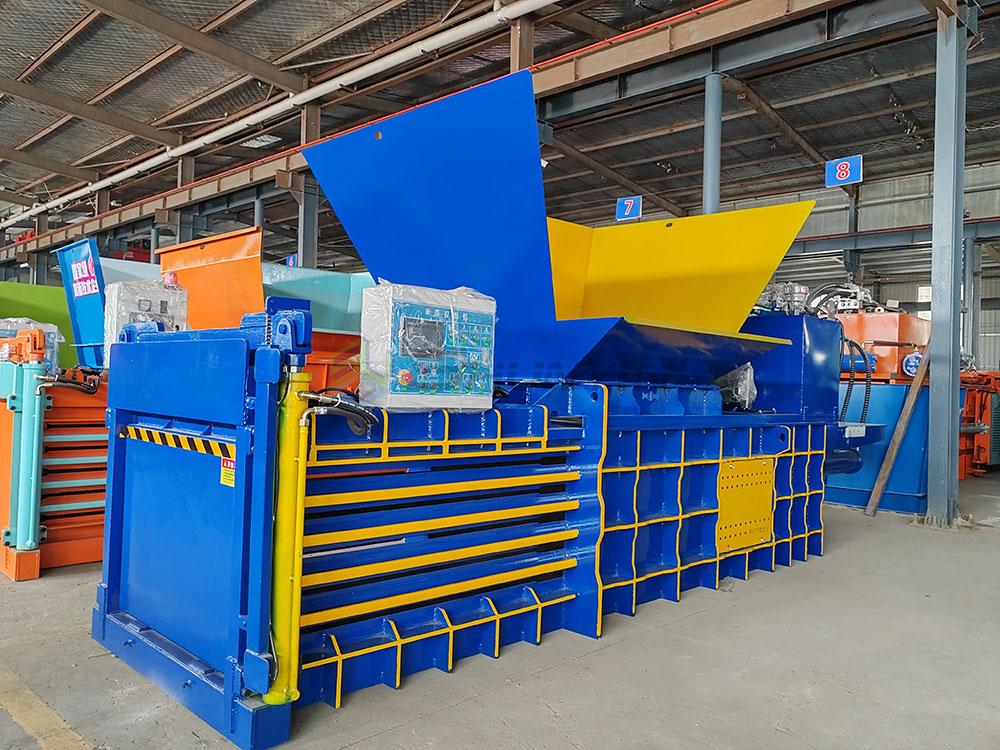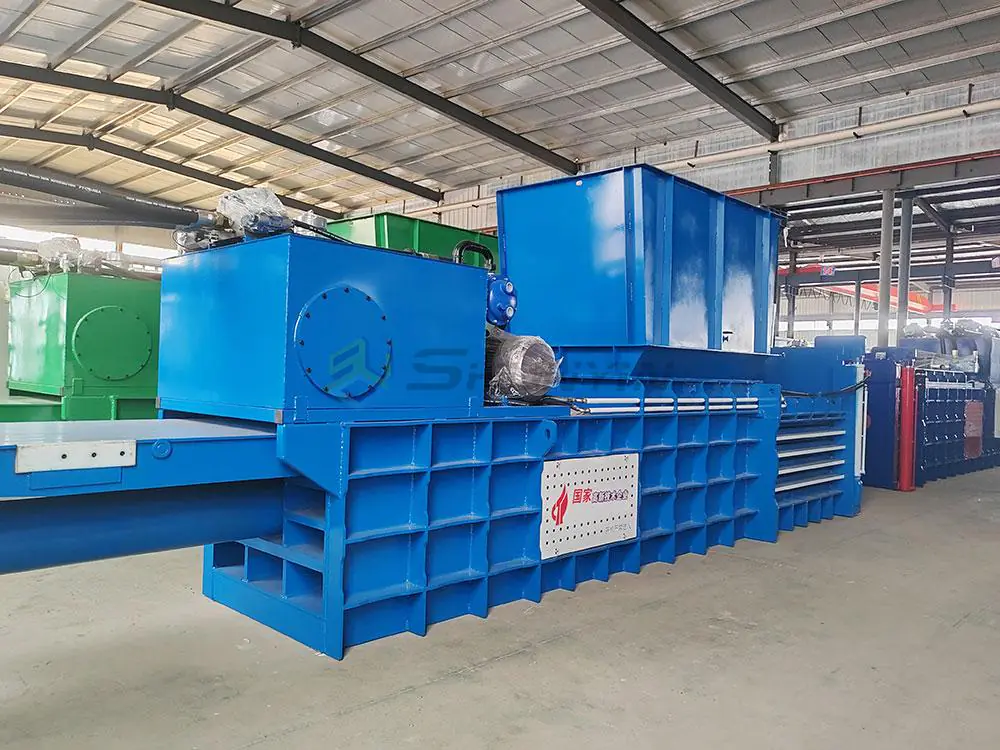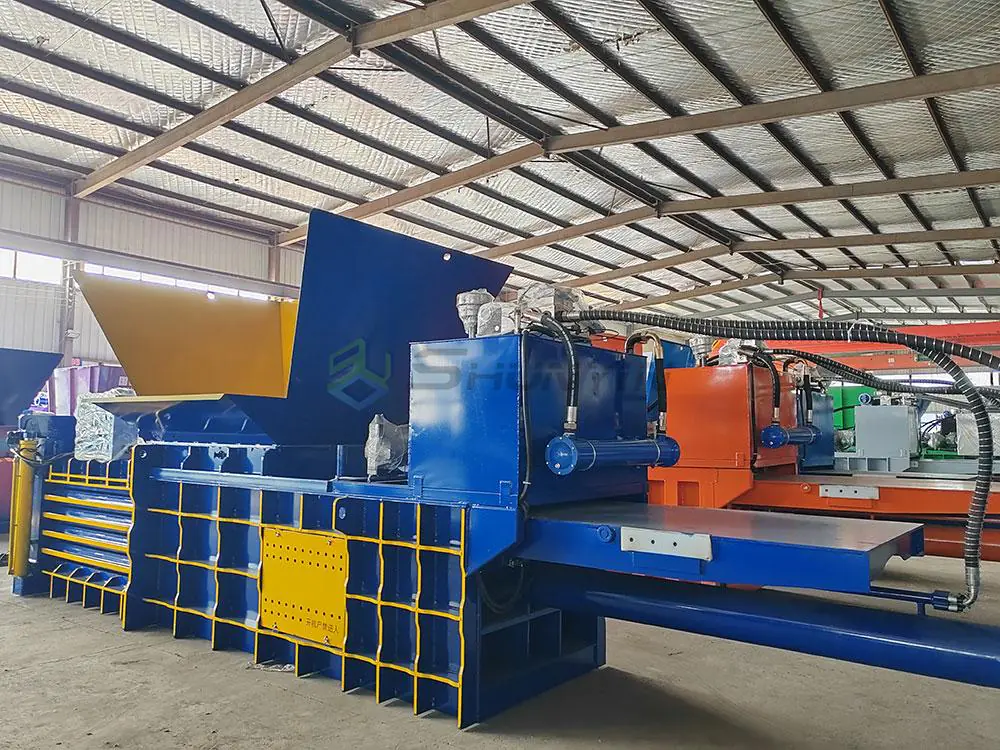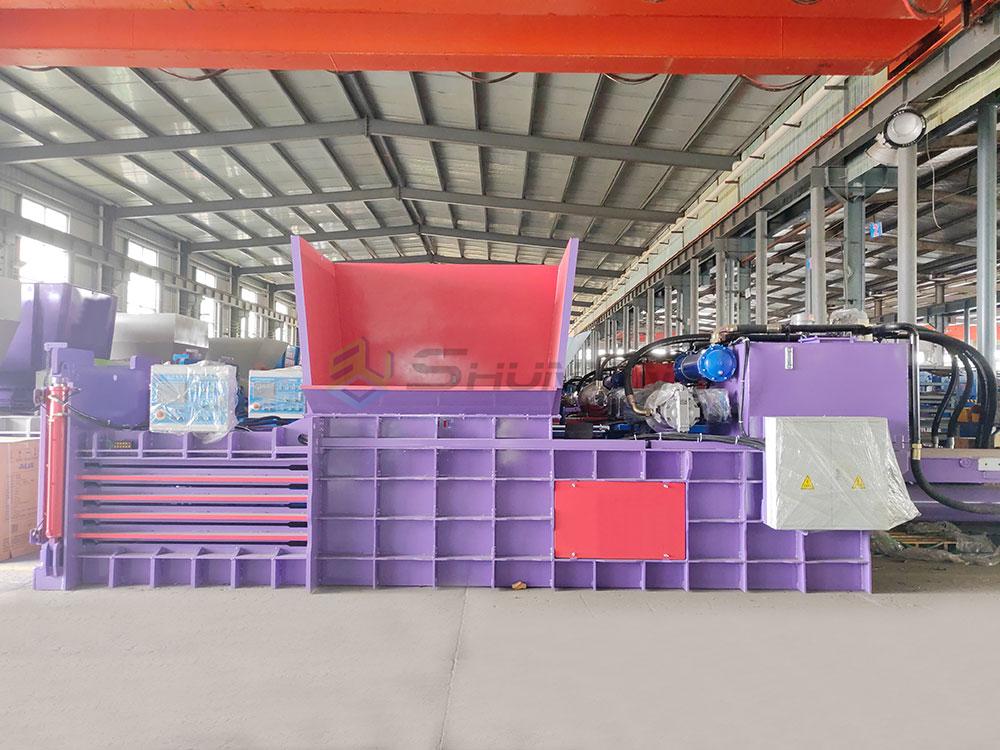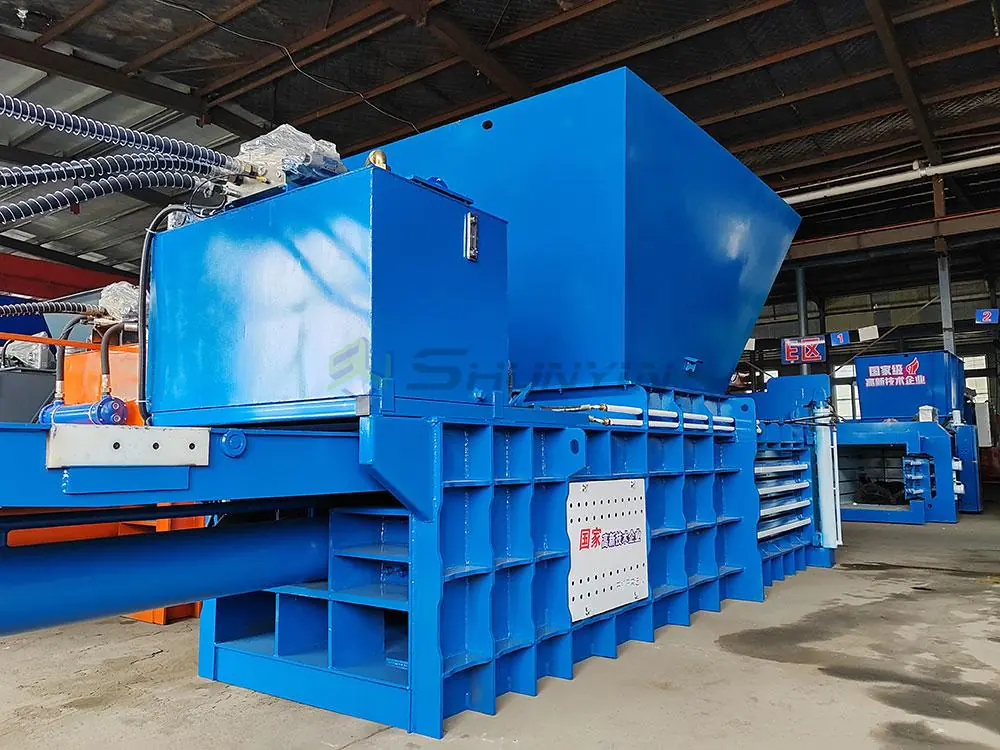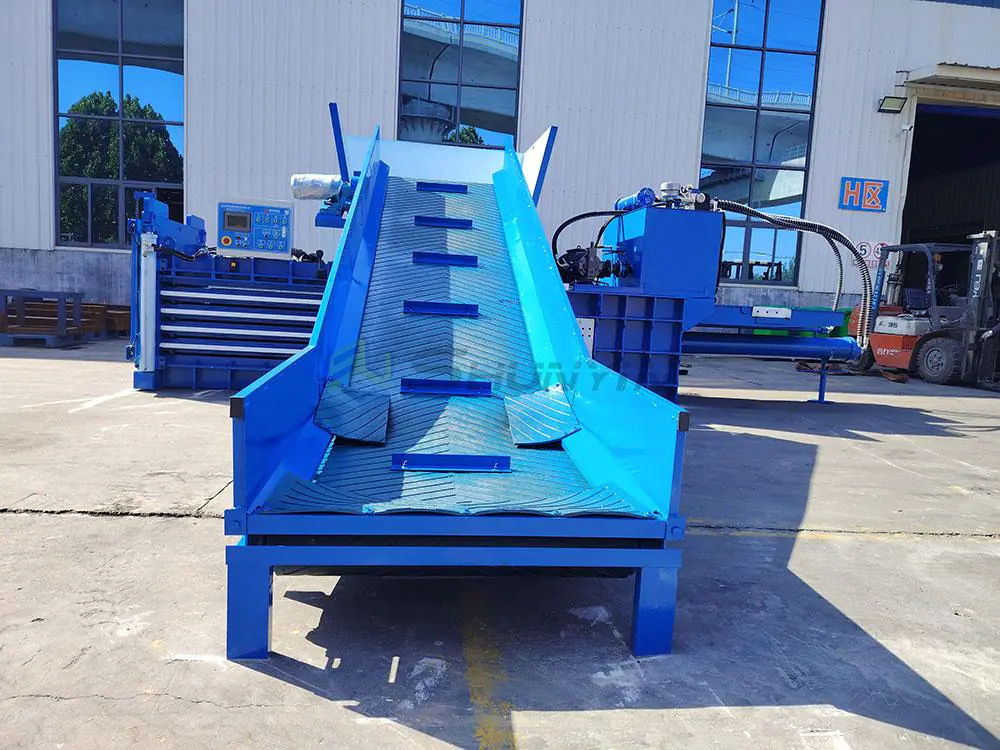
Have you ever struggled with managing waste efficiently in your business? It can be frustrating watching valuable resources go to waste. Luckily, investing in a horizontal baler machine 1 can be the solution you’ve been searching for.
A horizontal baler machine typically costs between $10,000 and $50,000, depending on its features and capacity.
Imagine transforming your waste management process, saving both time and money. Let’s dive deeper into the costs and benefits of horizontal baler machines.
How much does a horizontal baler cost?
Investing in a horizontal baler can be a significant decision for any business. Understanding the cost is crucial to making an informed choice.
The cost of a horizontal baler 2 ranges from $10,000 to $50,000 based on size, features, and brand.
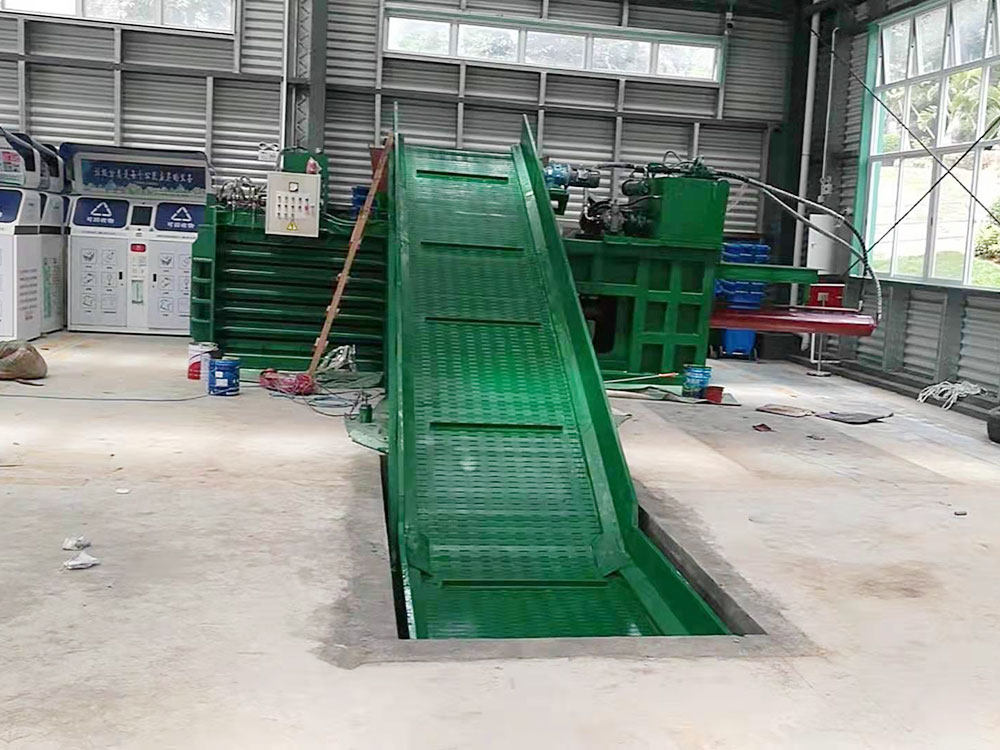
Factors Influencing the Cost
Size and Capacity
Horizontal balers come in various sizes. Larger models with higher capacities cost more but handle more waste efficiently.
| Size Category | Capacity (tons/day) | Price Range ($) |
|---|---|---|
| Small | Up to 1 | 10,000 – 20,000 |
| Medium | 1-5 | 20,000 – 35,000 |
| Large | 5+ | 35,000 – 50,000 |
Features and Technology
Advanced features like automatic tying, compact design, and energy-efficient operations increase the price but offer better performance.
Brand and Warranty
Reputable brands with strong warranties typically charge more. However, they offer reliability and long-term support.
Return on Investment
While the initial cost is high, the efficiency and reduced waste management expenses can lead to significant savings over time.
What is the average price of a baler?
Understanding the average price helps in budgeting and comparing different models.
On average, balers cost between $15,000 and $40,000, depending on their specifications and capabilities.

Comparing Different Types of Balers
Horizontal vs. Vertical Balers
Horizontal balers are generally more expensive than vertical ones due to their higher capacity and automation features.
| Baler Type | Average Price ($) |
|---|---|
| Horizontal | 20,000 – 50,000 |
| Vertical | 15,000 – 30,000 |
Manual vs. Automatic Balers
Manual balers are cheaper but require more labor, while automatic balers have higher upfront costs but save on labor in the long run.
Market Trends
Prices fluctuate based on demand, advancements in technology, and economic factors. Keeping an eye on market trends can help in making a timely purchase.
How often should a cardboard baler be serviced?
Regular maintenance ensures the longevity and efficiency of your baler.
A cardboard baler should be serviced every 6 months to maintain optimal performance and prevent costly repairs.

Importance of Regular Maintenance
Preventive Measures
Regular servicing helps in identifying and fixing minor issues before they escalate into major problems.
Extending Lifespan
Proper maintenance extends the life of the baler, providing better returns on your investment.
Maintenance Checklist
| Task | Frequency |
|---|---|
| Inspect hydraulic systems | Every 3 months |
| Lubricate moving parts | Monthly |
| Check for wear and tear | Every 6 months |
| Replace worn-out components | As needed |
Professional Servicing vs. In-House Maintenance
While in-house maintenance can save costs, professional servicing ensures that experts handle complex issues, maintaining the baler’s efficiency.
Is a cardboard baler worth it?
Deciding whether a baler is worth the investment depends on various factors specific to your business needs.
For businesses handling large volumes of cardboard, a baler is a worthwhile investment that enhances efficiency and reduces waste management costs.

Benefits of Investing in a Baler
Cost Savings
Reducing the volume of waste decreases disposal costs and can even generate revenue through recycling.
Efficiency Improvement
Automated balers streamline the waste management process, saving time and labor.
Case Studies
Manufacturing Plant
A manufacturing plant invested in a horizontal baler and saw a 30% reduction in waste management costs within the first year.
Retail Chain
A retail chain used balers to manage cardboard waste, leading to improved operational efficiency and environmental compliance.
Environmental Impact
Using a baler supports sustainable practices by promoting recycling and reducing landfill usage, which can enhance your company’s reputation.
Conclusion
Investing in a horizontal baler machine can significantly improve your waste management process. By understanding the costs, average prices, maintenance needs, and benefits, you can make an informed decision that adds value to your business.


